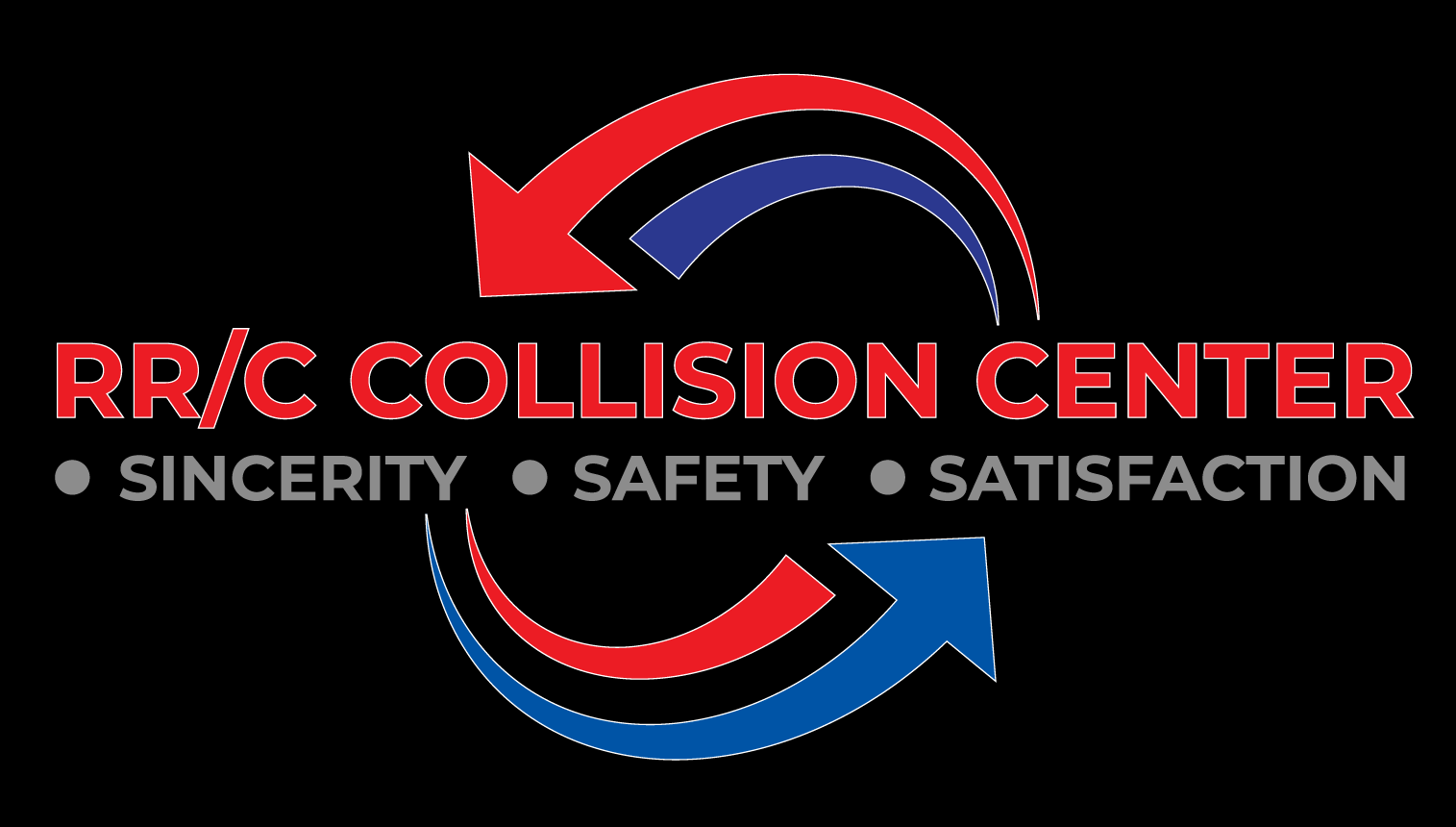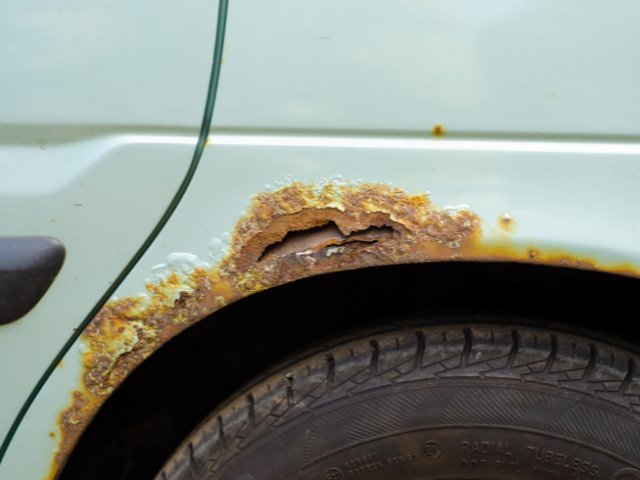Rust can be a serious problem for car and truck owners, leading to unsightly damage and potentially compromising the structural integrity of the vehicle. However, preventing rust on your car or truck will help ensure its longevity. In this article, we will discuss various methods to prevent rust and keep your vehicle looking its best.
Understanding Rust
Before diving into preventive measures, it’s important to have a basic understanding of rust. Rust is a natural process that occurs when iron or steel comes into contact with water or moisture. The presence of oxygen accelerates this process, leading to the formation of rust. Rust not only affects the appearance of your vehicle but can also weaken its structure and compromise its safety.
Causes of Rust
To effectively prevent rust, it’s essential to be aware of its causes. There are several factors that contribute to the formation of rust on cars and trucks:
- Moisture: Water and moisture are the primary culprits when it comes to rust. Rain, snow, and even humidity in the air can promote the oxidation of metal surfaces.
- Road Salt: In regions where road salt is used to combat icy conditions, cars and trucks are more susceptible to rust. The salt reacts with the metal, accelerating the rusting process.
- Scratches and Chips: Any damage to the paintwork, such as scratches or chips, can expose the underlying metal to moisture and facilitate rust formation.
- Environmental Factors: Certain environmental conditions, such as coastal areas with high salt content in the air or areas with industrial pollutants, can increase the likelihood of rust.
Common Rust-prone Areas
While rust can potentially affect any part of your vehicle, there are certain areas that are particularly susceptible to rust:
- Wheel Wells: The wheel wells are exposed to a lot of dirt, debris, and moisture, making them prone to rust.
- Undercarriage: The underside of your car or truck is constantly exposed to road spray, salt, and other environmental elements. Regular inspections of the undercarriage are crucial to catch and address rust early.
- Door and Window Seals: Damaged or worn-out seals around doors and windows can allow water to seep into the interior, leading to rust formation.
- Exhaust System: The exhaust system is subjected to high temperatures and moisture, making it vulnerable to rust.
Preventive Measures
Now that we understand the causes and common rust-prone areas, let’s explore some effective preventive measures you can take to protect your car or truck from rust:
Regular Cleaning
One of the simplest yet most effective ways to prevent rust is by regularly cleaning your vehicle. Washing your car or truck not only removes dirt and grime but also helps eliminate corrosive substances that can contribute to rust formation. Use a mild car detergent and a soft sponge or microfiber cloth to clean the exterior thoroughly. Pay close attention to the areas prone to rust, such as the wheel wells and undercarriage. Additionally, make sure to clean the inside of your vehicle as well, as moisture and spills can also lead to rust.
Waxing and Polishing
After cleaning, it’s important to protect your vehicle’s paintwork by applying wax or polish. Waxing creates a barrier between the metal surface and environmental elements, preventing moisture from coming into direct contact with the metal. Choose a high-quality automotive wax and apply it according to the manufacturer’s instructions. Regular waxing not only enhances the appearance of your vehicle but also provides an additional layer of protection against rust.
Rust-proofing
For added protection, consider rust-proofing your car or truck. Rust-proofing involves applying a specialized coating to the metal surfaces of your vehicle, creating a barrier against moisture and corrosion. There are different rust-proofing methods available, such as using rust inhibitors, rust-proofing sprays, or electronic rust inhibitors. Consult with a professional rust-proofing service to determine the best option for your vehicle.
Paint Protection Film
To safeguard vulnerable areas of your car’s exterior, such as the front grille, bumper, or side mirrors, consider using paint protection film. This transparent film acts as a shield, protecting the paint from scratches, chips, and rust-causing elements. Paint protection film is especially beneficial in areas prone to stone chips and road debris. It is a worthwhile investment that can significantly reduce the risk of rust formation.
Undercoating
Undercoating involves applying a protective coating to the underside of your vehicle. This coating acts as a barrier, shielding the metal components from moisture, salt, and other corrosive substances encountered on the road. Undercoating is particularly important if you live in an area with harsh winters or frequent exposure to salted roads. Consult with a professional automotive technician or a specialized undercoating service to ensure proper application.
Preventing Rust with Routine Inspections
Regularly inspecting your car or truck for signs of rust is crucial in catching and addressing any issues early on. Set aside time every few months to visually inspect your vehicle’s exterior for any bubbling or discoloration of paint, as these can be indicators of underlying rust. Pay close attention to the common rust-prone areas mentioned earlier. If you notice any signs of rust, take immediate action to prevent further spread by consulting with a professional auto body shop.
Fixing Scratches and Chips
Addressing scratches, chips, and paint damage promptly is essential in preventing rust formation. When the protective paint layer is compromised, the underlying metal becomes vulnerable to moisture and oxidation. Use touch-up paint or consult with a professional auto body shop to repair any paint damage. By keeping your vehicle’s paintwork in good condition, you create an effective barrier against rust.
Conclusion
Taking preventive measures to protect your car or truck from rust is vital for maintaining its appearance and longevity. Regular cleaning, waxing, and applying protective coatings can go a long way in preventing rust formation. Additionally, addressing scratches and chips promptly and inspecting your vehicle for signs of rust are important maintenance practices. By implementing these preventive measures, you can enjoy a rust-free vehicle for years to come.
Frequently Asked Questions
1. How often should I clean my vehicle to prevent rust?
Regular cleaning is recommended, ideally once every two weeks. However, frequency may vary depending on your location and environmental conditions. If you live in an area with harsh winters or near coastal regions, more frequent cleaning may be necessary.
2. Can I use any type of wax for rust prevention?
It’s best to use automotive wax specifically designed for cars and trucks. Look for wax products that provide long-lasting protection against environmental elements, including moisture and UV rays. Follow the instructions on the wax product for proper application and reapplication intervals.
3. How long does a rust-proofing treatment last?
The longevity of a rust-proofing treatment can vary depending on the method used and environmental factors. Some rust-proofing treatments can provide protection for several years, while others may require reapplication annually. Consult with a professional rust-proofing service to determine the recommended maintenance schedule for your specific treatment.
4. Is undercoating necessary for all vehicles?
Undercoating is particularly beneficial for vehicles exposed to harsh road conditions, such as salted roads or gravel. However, it’s not mandatory for all vehicles. If you live in an area with mild weather and minimal exposure to corrosive substances, undercoating may not be necessary. Consider your local climate and driving conditions when deciding whether to opt for undercoating.
5. Can I apply paint protection film myself?
While it’s possible to apply paint protection film yourself, it can be a challenging and time-consuming process. It requires careful preparation, precise cutting, and skillful application to achieve optimal results. To ensure proper installation and maximum effectiveness, it’s recommended to have paint protection film applied by a professional body shop.

